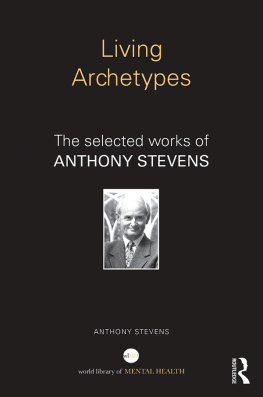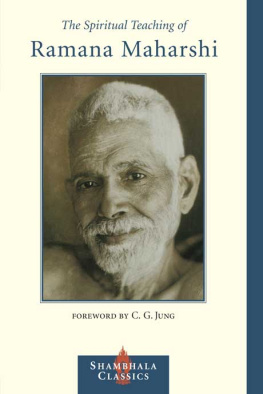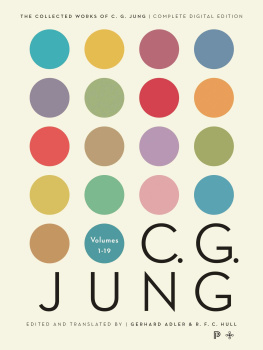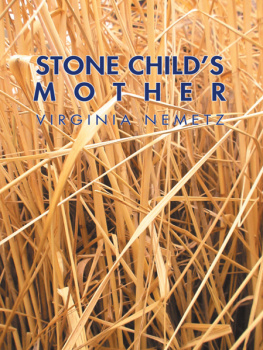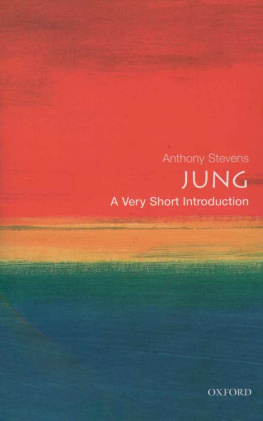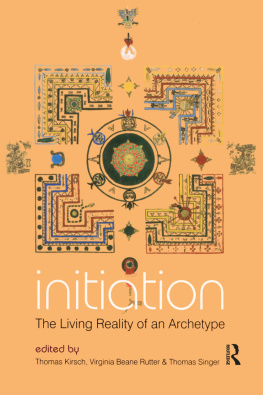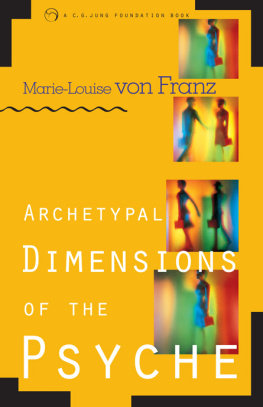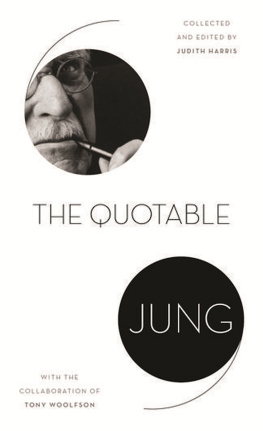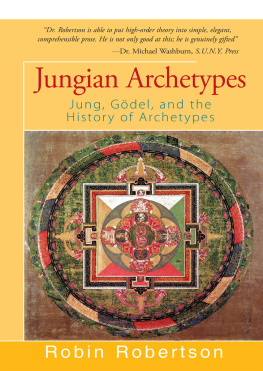
Living Archetypes
Anthony Stevens has devoted a lifetime to modernizing our understanding of the archetypes within us, relating them to conceptual developments in a variety of scientific disciplines, such as the patterns of behaviour of behavioural ecology, the species-specific behavioural systems of Bowlbys attachment theory, the deep structures of Chomskian linguistics, and the modules of evolutionary psychology, to name but a few.
This selection of papers and chapters from the course of Stevens career, all lucidly written and argued, highlight episodes in the progress of his quest to place archetypal theory on a sound scientific foundation. As a whole, Living Archetypes examines how archetypes are activated in the life history of all of us, how archetypal imperatives may be fulfilled or thwarted by our living circumstances, how they manifest in our dreams, symbols, fantasies and symptoms, and how appreciating their dynamics can generate insights of enormous therapeutic power.
Living Archetypes: The selected works of Anthony Stevens provides an invaluable resource for Jungian psychotherapists, psychologists, academics, and students committed to extending the evolutionary approach to psychology and psychiatry and understanding the dynamic significance of archetypes.
Anthony Stevens has spent his professional life working as a Jungian analyst, psychiatrist, and writer. He is a graduate of Oxford University and in addition to a Doctorate in Medicine has two degrees in Psychology. He is a Senior Member of the Independent Group of Analytical Psychologists and a Member of the Royal College of Psychiatrists. His previous books include Archetype Revisited: An Updated Natural History of the Self and Evolutionary Psychiatry: A New Beginning, with John Price.
World Library of Mental Health series
The World Library of Mental Health celebrates the important contributions to mental health made by leading experts in their individual fields. Each author has compiled a career-long collection of what they consider to be their finest pieces: extracts from books, journals, articles, major theoretical and practical contributions, and salient research findings.
For the first time ever the work of each contributor is presented in a single volume so readers can follow the themes and progress of their work and identify the contributions made to, and the development of, the fields themselves.
Each book in the series features a specially written introduction by the contributor giving an overview of his career, contextualizing his selection within the development of the field, and showing how his own thinking developed over time.
Rationality and Pluralism The selected works of Windy Dryden
By Windy Dryden
Attachments: Psychiatry, Psychotherapy, Psychoanalysis The selected works of Jeremy Holmes
By Jeremy Holmes
The Price of Love The selected works of Colin Murray Parkes
By Colin Murray Parkes
Passions, Persons, Psychotherapy, Politics The selected works of Andrew Samuels
By Andrew Samuels
Towards a Radical Redefinition of Psychology The selected works of Miller Mair
Edited by David Winter and Nick Reed
Journeys in Psychoanalysis The selected works of Elizabeth Spillius
Living Archetypes The selected works of Anthony Stevens
By Anthony Stevens
Soul: Treatment and Recovery The selected works of Murray Stein
By Murray Stein
A Developmentalists Approach to Research, Theory, and TherapyThe selected works of Joseph Lichtenberg
By Joseph D. Lichtenberg
Praise forArchetype Revisited: An Updated Natural History of the Self(2002):
This is a very welcome arrival after nearly twenty years since the first edition. The new publication is not only a new edition of the original work, but we have the pleasure of reading an update at the end of each chapter. Dr Anthony Stevens is revisiting his Natural History of the Self.... This book I hope will become a standard text for all budding Jungian analysts. More than that. It should be read by all in clinical and academic psychology and psychiatry so as to open the minds and traditions of what is all too often a doctrinaire and dogmatic education.
John Stewart, Harvest
Reading this book is an enlightening experience. Stevens draws the reader into a wide landscape of exploration which brings with it new and interesting insights and connections. He has endeavoured to cover all aspects of what is meant by the term archetype and to bring the reader up to date with current research and ideas.... The book itself is an archetypal exploration of the spectrum of what it means to be human and to live and express humanness and, as such, is an important contribution which is well worth reading.
Journal of Analytical Psychology, no. 48, 2003
Praise forEvolutionary Psychiatry: A New Beginning(1996):
When the first edition of this book appeared, I rated it among the top 25 books of the decade. An evolutionary perspective, not yet a dominant theme in orthodox psychiatry, has the potential to integrate physiology, psychology, psychoanalysis andpsychopathology. In the revised edition of this highly original book, the authors further document how such a perspective can enrich the clinicians approach to mental disorders. I highly recommend it as first reading to those uninitiated in evolutionary psychology and psychiatry.
Hagop S. Akiskal, M.D., Professor of Psychiatry and Director of International Mood Center, University of California at San Diego, and Editor-in-Chief, Journal of Affective Disorders
In my view, this attempt at a new paradigm is one of the most fruitful developments in psychiatry in recent years.
Dr Anthony Storr, Financial Times, November 2324, 1996
Praise forArchetype: A Natural History of the Self (1990):
A remarkable book... gives us a kind of Rosetta Stone by which to translate the concepts ofJungian depth-psychology into those of anthropology, ethology, sociobiology, psychology and(even) neurophysiology. It is extraordinarily successful in this ambition, overweening andhopeless as one might have supposed it to be.
Dr Eliot Slater, December 1982
Dr Anthony Stevens has made a major contribution to Jungian studies as well as indicatingthe common ground between seemingly incompatible disciplines.
Dr Glin Bennet, The British Medical Journal, February 19th, 1983
Stevens writes not only with clarity but with refreshing personal commitment... we are offered so daring an attempt at synthesis, one that in years to come may well be seen as seminal.
Ronald Higgins, Resurgence, SeptemberOctober, 1982
At last, a well-written definitive book on C.G. Jungs archetypes.
Times-News, September 17, 1982
Like Jung, Stevens writes with flashes of brilliance and insight.
Kirkus Reviews
... helps to open up an approach to human nature which has relevance to literally everything wedo, say, or feel... the best general guide so far to the astonishing work done in recent years onhow different functions of the psyche are physically centered in the different parts of the brain.
Christopher Booker, Sunday Telegraph, April 25, 1982
Jung was not a good exponent of his ideas and I recommend Dr Stevens book as one of the best introductions to his thought and its practical implications.
Dr Anthony Storr, Times Literary Supplement
Praise forOn Jung(1990):
From the beginning of this book, the reader is aware of being in the presence of a seasoned and highlyknowledgeable scholar and practitioner.... The writing is clear and graceful.... This work is distinctive, original in its organization, and pleasing to read.
Next page
